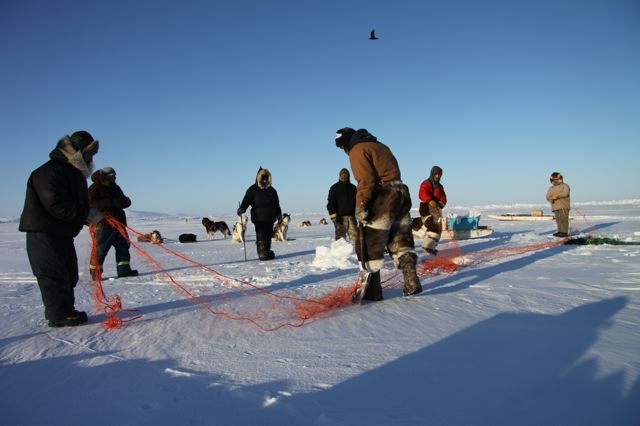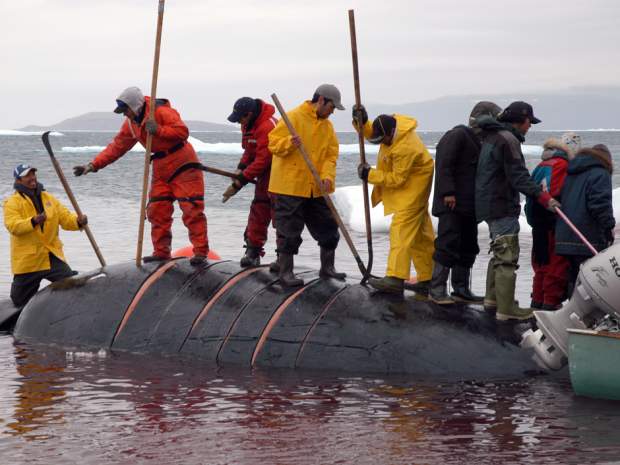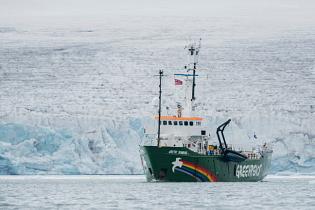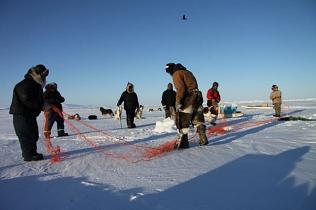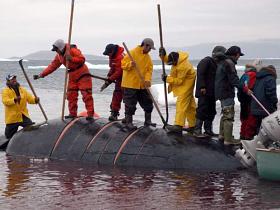Nunavut: Reconsidering the Greenpeace report on sustainable development
A recent Greenpeace commissioned report has delineated a chronicle for sustainable development in Nunavut. The report, entitled Beyond Fossil Fuels – Sustainable Economic Development Opportunities in Eastern Nunavut, developed by the Centre for Sustainable Economy, calls on the territorial government to cut off the vast Arctic archipelago off its dependency on fossil fuels and large mineral extraction projects.
The report focused that instead the territory should ponder on four key sustainable progress sectors such as developing its human wealth, renewable energy, culturally receptive Aboriginal tourism and global management in sustainable fisheries administration.
Heather Exner-Pirot, managing editor of Arctic Yearbook and strategist for outreach and Indigenous engagement at University of Saskatchewan in Saskatoon said, “These are all great goals. But I would say there is nothing new here. This isn’t something that Greenpeace has discovered.”
She added that for example, ecological assemblage such as Greenpeace have spoken out critically of the expedition of the luxury cruise ship Crystal Serenity, which plans to go to isolated Aboriginal communities even though the cruise company has gone to great extent to make certain it least harms the environment.
Another subject that the report hoists is the question of bit by bit getting Nunavut off its reliance on diesel as the most important source for breeding electricity in the territory.
Exner-Perot says that, while Canada’s two other northern territories, Yukon and the Northwest Territories have been able to cut off their need for diesel, Nunavut come by itself a challenge as no other existing renewable technologies give a guaranteed and sustainable energy as that produced with diesel.
She also stated that while environmental groups entitle for more investment in renewable energy in Nunavut, they also cannot give answer to a straight question that who’s going to make those investments.
In the wake of warming climate threats and retreating ice worries, Canada’s Arctic territories are also not likely to become foremost exporters of fossil fuels any time soon.
She added that, “There are way better opportunities in the Barents Sea and Eastern Russia, and even Alaska. There is not going to be oil and gas (drilling) offshore in the Arctic, in Canada for the short and medium term. Right now they are so dependent on federal transfers. It’s hard to have independent sources of revenue to pay for all these public goods to address the human capital issue, which is the most important in my view.”
Comments
There are 0 comments on this post



